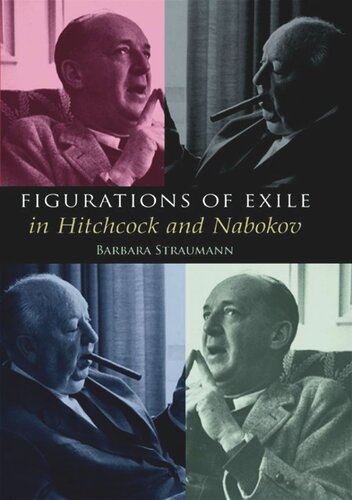

Most ebook files are in PDF format, so you can easily read them using various software such as Foxit Reader or directly on the Google Chrome browser.
Some ebook files are released by publishers in other formats such as .awz, .mobi, .epub, .fb2, etc. You may need to install specific software to read these formats on mobile/PC, such as Calibre.
Please read the tutorial at this link: https://ebookbell.com/faq
We offer FREE conversion to the popular formats you request; however, this may take some time. Therefore, right after payment, please email us, and we will try to provide the service as quickly as possible.
For some exceptional file formats or broken links (if any), please refrain from opening any disputes. Instead, email us first, and we will try to assist within a maximum of 6 hours.
EbookBell Team

4.7
66 reviewsGBS_insertPreviewButtonPopup('ISBN:9780748636464);
This book makes an important contribution to cultural analysis by opening up the work of two canonical authors to issues of exile and migration. Barbara Straumann's close reading of selected films and literary texts focuses on Speak, Memory, Lolita, The Real Life of Sebastian Knight, Suspicion, North by Northwest and Shadow of a Doubt and explores the connections between language, imagination and exile. Invoking psychoanalysis as the principal discourse of dislocation, the book not only uses concepts such as 'screen memory', 'family romance', 'fantasy' and 'the uncanny' as hermeneutic foils, it also argues that, in their own ways, the arch-parodists Hitchcock and Nabokov are remarkably in tune with the images and tropes developed by Freud.
Key Features